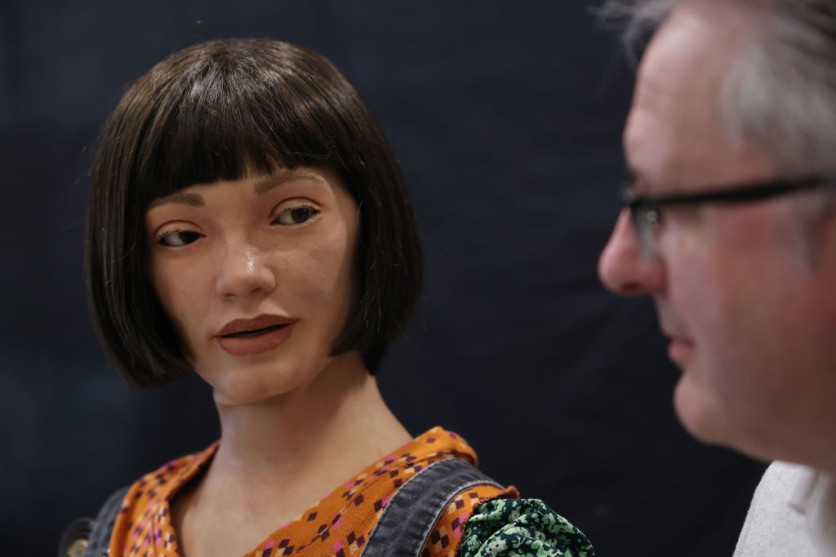Robots are not particularly designed to have an understanding of humor since they were made to do repetitive and dull tasks. In short, they can be very dry when you talk to them.
However, a group of scientists is hoping to change that. They have developed an AI program that replicates the nuances of humor and enables robots to properly laugh at the right time, according to a report by The Guardian.

Laughing Robot
The team that created Erica, the laughing robot, claims that the method might enhance regular conversations between humans and AI systems.
Dr. Koji Inoue of Kyoto University is the principal author of the study, which was published in Frontiers in Robotics and AI. Inoue stated that empathy is a fundamental function of conversational AI, which they wanted to replicate for Erica.
The training data were provided by more than 80 speed-dating conversations between male university students and the robot. Erica was also initially teleoperated by four female amateur actresses during the conversations.
The annotations for the dialogue included information on individual laughs; social laughs devoid of humor, such as polite or ashamed chuckles; and laughter of mirth.
By employing this data, a machine learning system was trained to decide whether to laugh and what kind of laugh it should give.
The program used the audio files to understand the fundamental traits of social laughs, typically more suppressed and mirthful laughs, to mimic these in appropriate circumstances.
By developing four brief dialogues for Erica to share with a person and incorporating the new shared-laughter algorithm into already existing chat software, the team evaluated Erica's sense of humor. These were contrasted with situations in which Erica either didn't laugh at all or let out a sociable laugh.
130 volunteers scored the shared-laughter algorithm highly for empathy, naturalness, human likeness, and comprehension after watching the clips.
Read also : 'AI Fish-Identifying Gate:' This AI-Powered System Prevents The Rise of Invasive Fish Species In Waterways
Why Laughter is Important for Robots
Laughter, according to the study, could aid in the development of robots with unique personalities.
Although he emphasized that it would take more than 20 years before it's possible to have a "casual talk with a robot like we would with a friend," Inoue said that they can still replicate this through "their conversational behaviors, such as laughing, eye gaze, gestures and speaking style."
"One of the things I'd keep in mind is that a robot or algorithm will never be able to understand you. It doesn't know you, it doesn't understand you and doesn't understand the meaning of laughter," Professor Sandra Wachter from the Oxford Internet Institute at the University of Oxford, said in a statement with The Guardian.
Related Article : 'Chameleon Robots:' These Robots Can Change Colors and Mimic Their Surroundings Through 3D Printing
This article is owned by Tech Times
Written by Joaquin Victor Tacla
ⓒ 2026 TECHTIMES.com All rights reserved. Do not reproduce without permission.




